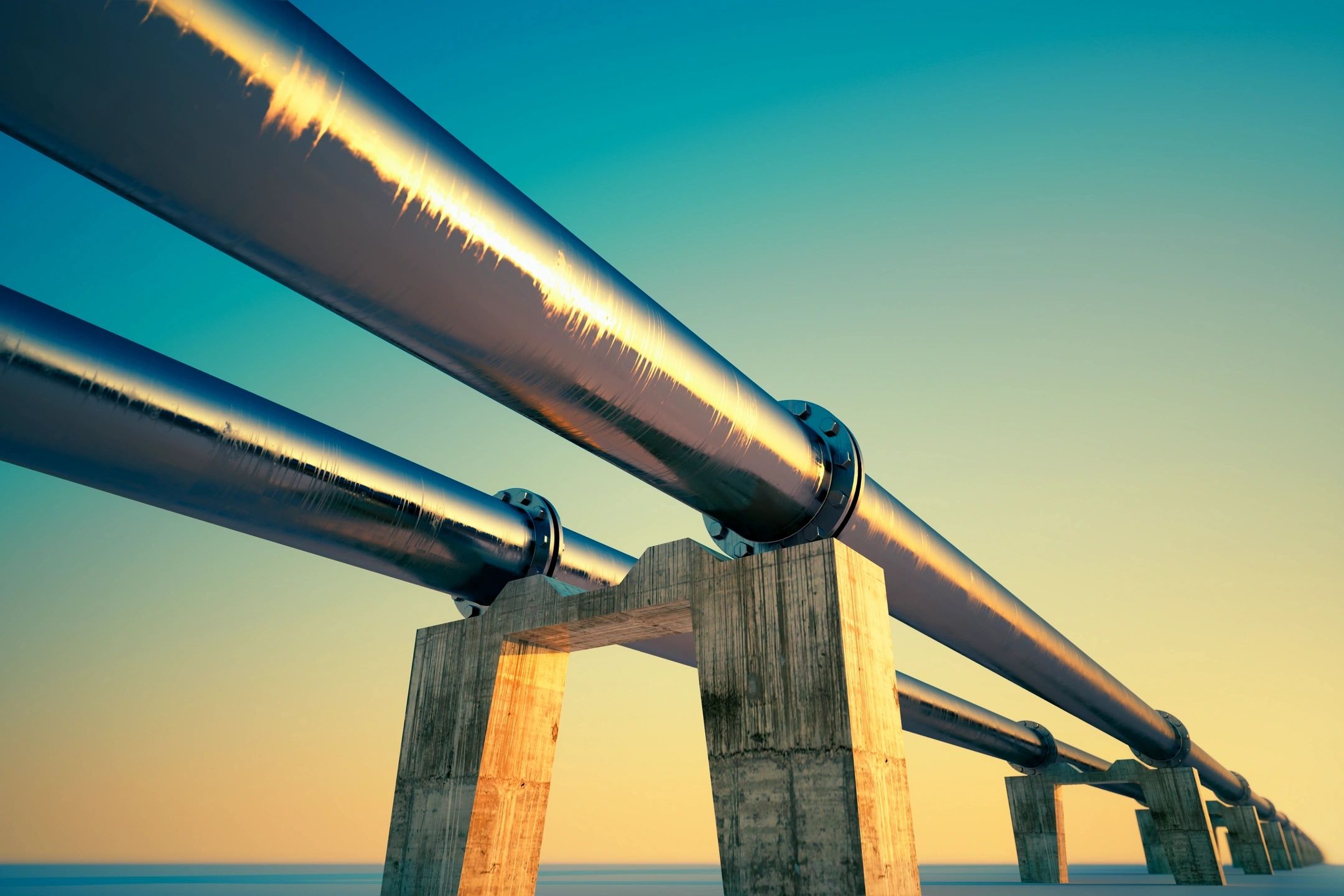Today marks a rise in the federal carbon tax and accompanying rebates, as the national price on carbon emissions escalates from $65 to $80 per tonne.
Although the national carbon price applies universally, not all individuals are subject to the federal carbon tax and subsequent rebate scheme.
Distinct from the rest of the nation, Quebec, the three territories, and British Columbia operate under differing carbon pricing frameworks, where residents do not receive federal rebates. Conversely, residents in the remaining provinces fall under the federal government’s carbon tax or fuel levy, entitling families and individuals to rebates from Ottawa.
Canada’s approach to carbon pricing for industrial emitters encompasses a blend of federal, provincial, and territorial systems.
With the implementation of the new carbon pricing, motorists can expect an additional cost of 3.3 cents per litre of gasoline, effective immediately.



